For many of us, this is the first time we have seen such widespread concern over illness and the proposed measures to combat it— and the return to school for kids throughout the country doesn’t exactly help matters. While we can take precautions to avoid contracting disease, once it enters our bodies, it’s our own immune system that is left to fight the battle. When such a battle ensues, we want our internal army to have all the reinforcements it needs.
What Exactly Is the Immune System?
Simply put, the immune system is an intricate network of compounds and cells that defend the body against harmful pathogens. Pathogens are microorganisms that cause disease of which there are five general types:
- Viruses
- Bacteria
- Fungi
- Protozoa
- Worms
Now, when any of these foreign organisms enter our bodies, an immune response is usually triggered. However, the timeliness and impact of this initial response depend on a number of factors.
Immunity refers to how well our bodies can resist a particular pathogen. There are three general types of immunity.
Innate Immunity
Innate, or natural immunity is a type of general protection from disease that a person is born with. Even with no previous exposure to a harmful invader, our bodies do a pretty good job of executing a satisfactory attack.
Adaptive Immunity
Adaptive, or active immunity is protection that develops over the course of our lives. When we encounter certain pathogens, our immune cells have ways of remembering them, allowing for a more swift response next time that same pathogen is encountered. Our adaptive immunity develops as we are exposed to disease or when we seek immunization through vaccination.
Passive Immunity
Passive immunity is provided when a person inherits protection from an outside source. Common examples of this include the temporary resistance babies acquire from the consumption of breast milk and the transfer of certain antibodies from one to another through gamma globulin injections.
Antibodies to the Rescue
When pathogens enter the body, specialized immune cells such as the B-cell and T-cell flag the substance as harmful, prompting the production of a very large amount of specialized antibodies which are created uniquely to bind to the matching pathogens.
Antibodies are proteins that essentially act as locksmiths, creating various keys out of protein and sugar which adhere to and neutralize the harmful things that enter our bodies. In addition to the antibody’s role of deactivating the foreign substance, its presence recruits other defense cells, like a road flare pinned to the intruder, resulting in a concentrated attack on the pathogen.
After an infection has been adequately fought, these antibodies remain in our blood for a period of time. Depending on the pathogen they target, some last for a lifetime while others last for a period of months. When antibodies are present, our immune system is armed and ready for another attack.
Signs of Immune System Weakness
It doesn’t take a serious underlying condition to weaken our internal defenses. In fact, studies show that nearly three percent of U.S adults have a weakened immune system. While children tend to have a fairly strong natural resilience, they too can experience weakened immunity if health isn’t a priority. Here are some general signs of immune system weakness:
- High stress levels
- Constant, nagging sickness or fatigue
- Gastrointestinal problems
- Strong reactions to common ailments
- Frequent infections
Factors that can actively depress our immune system include:
- Old Age
- Environmental factors such as airborne toxins
- Obesity
- Poor nutrition
- Underlying conditions
- Poor sleeping habits
- Stress and anxiety
Strengthening Our Defenses
When it comes to the strength of our pathogen-fighting armies, we have a fair amount of influence. Here are some simple ways to boost the immune system, giving it the best chance possible against unwelcome visitors:
Nutrition
In order to create immune cells and antibodies, our bodies need the proper materials. These materials include proteins as well as key nutrients, both of which are rendered from the foods we eat. If we focus on eating healthy foods in reasonable amounts, our bodies will be able to lend us better health.
Exercise
It has been proven that exercise actually helps to increase the production of white blood cells— a fundamental immune system responder. Exercise also helps to reduce stress and works to prevent excess weight gain, two things that negatively impact our bodys’ defenses. Consistent, daily exercise can do wonders for the immune system.
Sleep
Sleep deprivation can significantly tax the body. We need adequate rest so our cells can recharge for the next day. Lack of sleep can carry negative consequences cognitively, emotionally, and physically. The CDC recommends we follow these sleep guidelines:
- Newborns: 14–17 hours
- Infants: 12–15 hours
- toddlers: 11–14 hours
- Preschoolers: 10–13 hours
- School-aged children: 9–11 hours
- Teenagers: 8–10 hours
- Adults: 7–9 hours
- Older adults (65 and over): 7–8 hours
Supplementation
Taking supplements such as a daily multivitamin can be a good way to consume key nutrients that your body needs. While such supplements can benefit the immune system and your overall health, it is always wise to speak with a doctor before incorporating them into a daily regimen.
Takeaways
Our immune system is our best friend when it comes to fighting disease and maintaining overall health. We can help it in its efforts by living a more balanced lifestyle, eating healthy foods, exercising daily, and getting enough sleep. At Total Health and Fitness, we create custom nutrition and fitness plans that help individuals young and old adopt healthy, sustainable habits for a happier body and mind. The key to health is within your reach.








